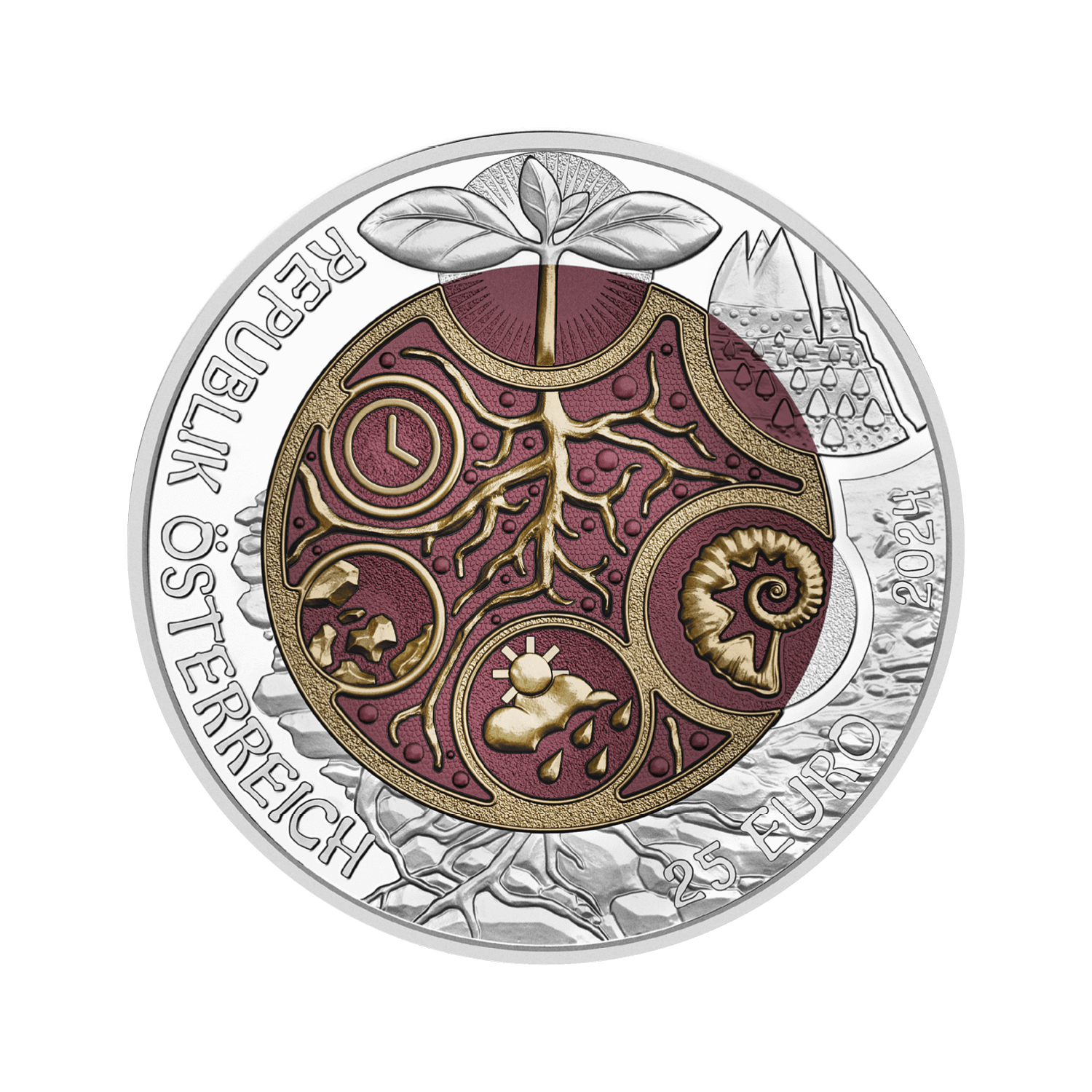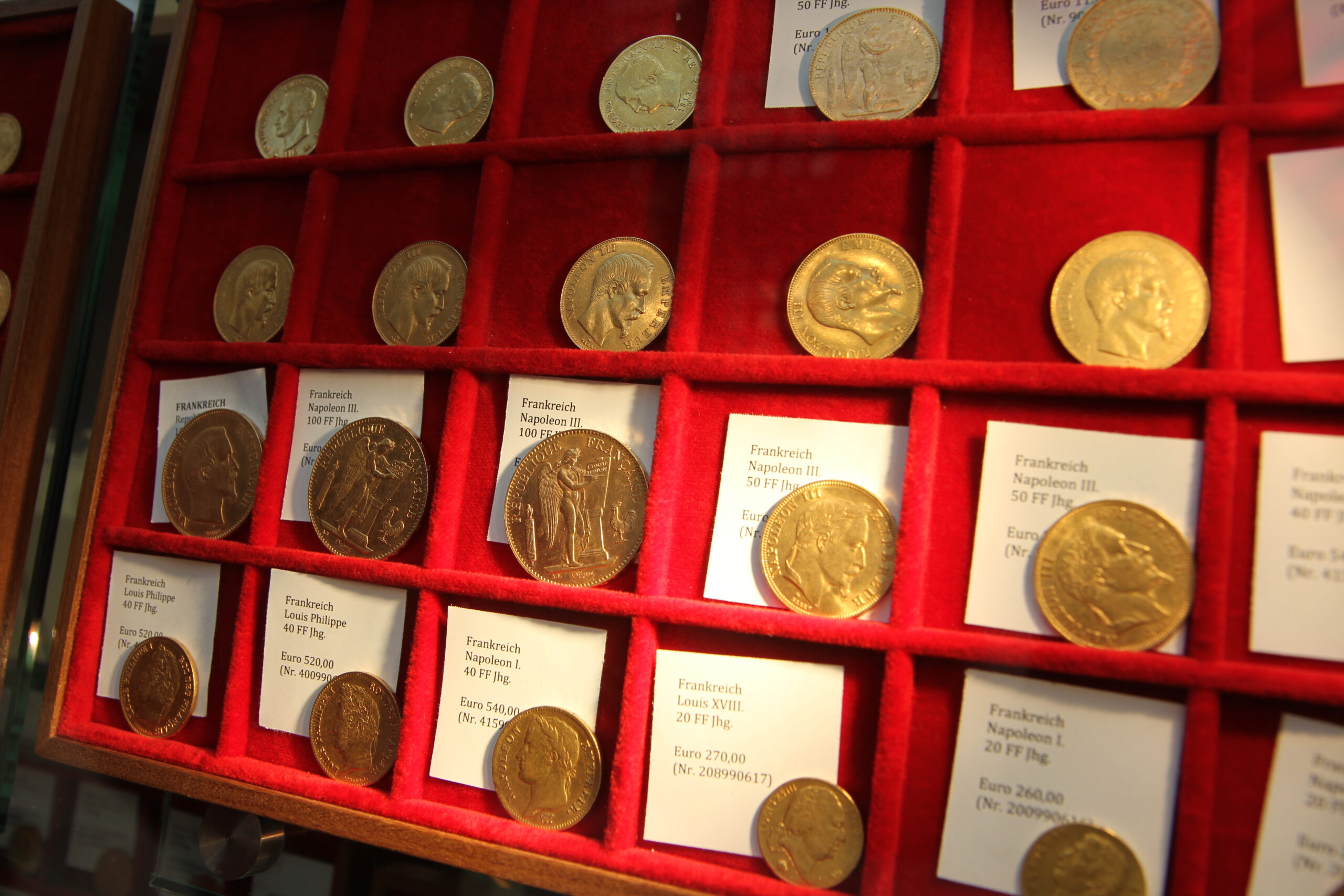NIOB | 2024 | Edaphon | Bi-metal coin
Back to overview


82,20 €
incl. 20 % VAT plus shipping costs
Activate price radar
Let us notify you when the product price is within a range that is of interest to you.
Price radar active at
Price radar active at
Edaphon" collector coin
Diverse life in the soil
Without them, nothing would work, without all the small and large creatures, without the microorganisms, bacteria, worms, fungi, insect larvae, springtails, earthworms and moles. They make things thrive, they help farmers to produce successfully.
The edaphon breaks down organic matter, i.e. what falls from the trees as waste or is left over from the harvest. It ensures that the cycle of life keeps going. It produces humus, which has very important properties: Humus provides plants with nutrients, protects the soil from erosion, ensures a granular soil structure, stores water and balances out temperature fluctuations.
The Edaphon is exposed to various threats. One of these is a reduction in the quality of the soil and is linked to climate change. When it gets warmer, there is a risk that the humus content will decrease and the soil will dry out. If a heavy rainfall event then occurs, the soil is no longer able to absorb these large quantities of water. This increases the tendency to erosion, for example.
A second threat is more than that: it means the complete destruction of the edaphon. When natural soil is sealed, its useful functions are also lost: Water storage, filtering of pollutants, carbon sequestration. At present, around 11.5 hectares of natural soil are used every day in Austria, around 50% of which is built on.
More and more people are becoming aware of the fact that we need those who work in the soil to survive. We must prevent our soil, this precious and indispensable resource, from becoming a scarce commodity. - Let's not trample on the foundations of our lives. If the soil is doing well, we are all doing well.
Text courtesy of the Austrian Mint.
| Weight | 0,0100 kg |
|---|---|
| Series | |
| Weight | 16,50g |
We buy your old gold.
News from the world of precious metals
News, background information and the latest news on gold and silver.













